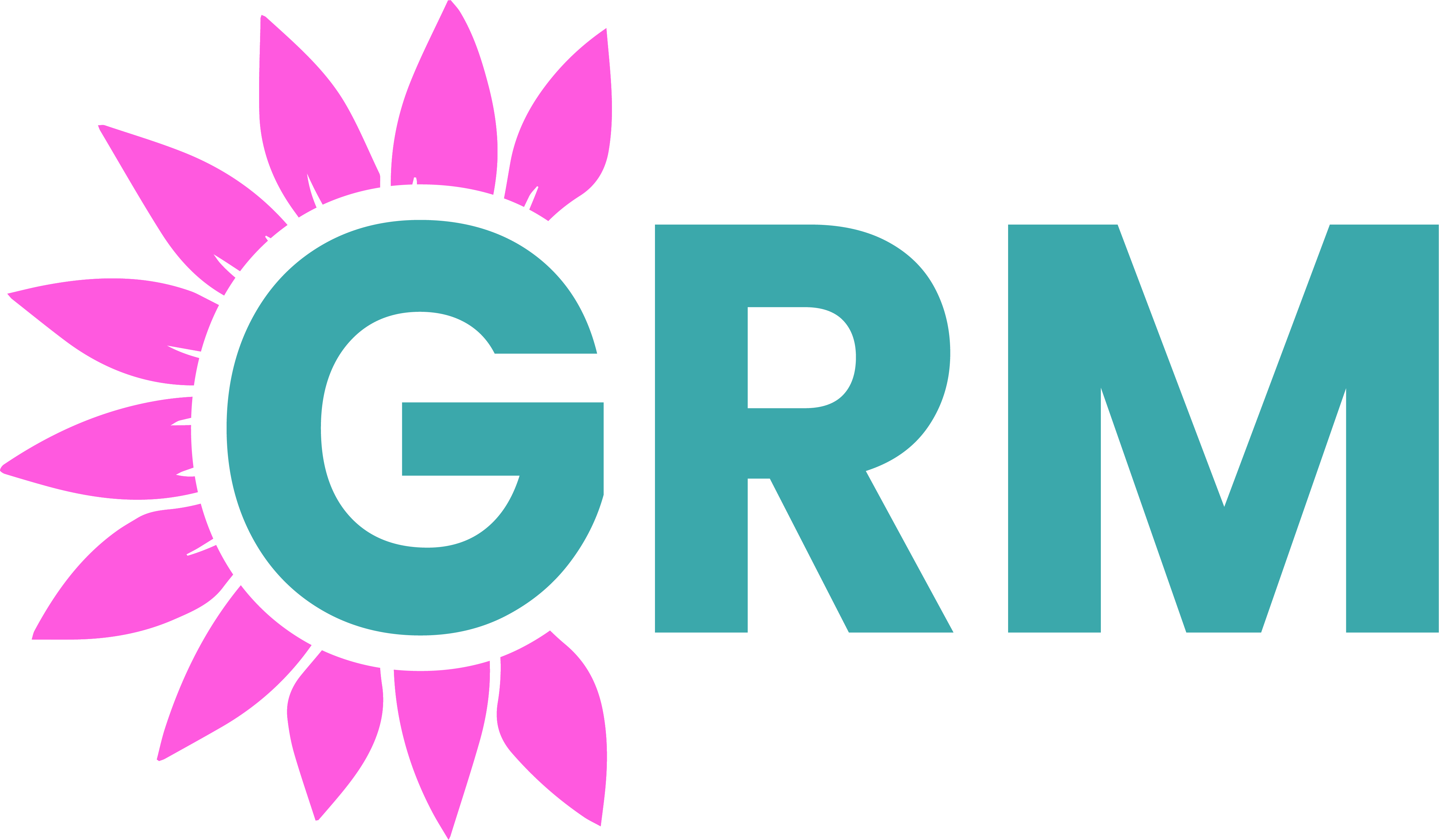I recently spoke with an entrepreneur who felt she didn’t have a personal brand, which is a common sentiment. But the truth is, everyone has a personal brand, whether they realize it or not. If you need help developing your personal brand, check out our personal branding services.

Simplifying Personal Branding
Many of us spend significant time and effort obtaining more certifications, advanced degrees, and continuous education, yet we often overlook the most vital element: our personal brand. For more insights, check out this. For more insights, check out this https://blog.hubspot.com/agency/develop-brand-identity
Don’t fall into this trap. A strong personal brand should be straightforward and authentic. It’s easy to overthink and complicate this process, but doing so can result in a fragmented and inconsistent image that doesn’t connect with your audience.
Steps to Developing Your Personal Brand
1. Find Your Passion
Your personal brand shines when it’s rooted in your passion. Prioritize saying “yes” to things that truly matter. For instance, I make it a point to accompany my aging mother to places and activities she enjoys. Back in the 90s, when my father was rushed to the hospital, I had to inform my boss and request permission to leave the office. My boss, however, demanded an impossible level of foresight, essentially wanting a letter from God in advance of the incident. Despite this, I chose to leave and be with my father at the hospital.
Today, I prioritize and say “yes” to things that truly matter, ensuring that my personal brand reflects my values and passions.
2. Identify Your Field of Expertise
Start by narrowing your broad interests into a specific specialty. Your niche should be at the intersection of your passion, skills, and market demand. Focusing on a clearly defined niche will help you establish yourself as an authority and attract a dedicated audience. When I decided to regularly post content on LinkedIn, service providers became my focus. Specifically, Generation X professionals sought my expertise, and I tailored my content to address their needs. My personal brand has consistently evolved to align with the demands of my ideal clients.
Now, I’m a “multi-faceted solopreneur,” dedicated to teaching others how to build their personal brands, form meaningful relationships, engage in impactful conversations, network as if they’ve known people for years, and, of course, earn money online.
3. Document Your Journey and Insights
As you dive deeper into your chosen niche, keeping a record of your experiences and what you learn along the way can significantly enhance your personal brand. Sharing your personal experiences and lessons makes you more relatable to others. I vividly remember the early days of my social media management business in 2015, where I catered to solopreneurs looking for Facebook and Instagram management. Documenting those initial struggles and breakthroughs has been invaluable.

4. Discover Your Perfect Medium
Identify the type of content that best suits your strengths and preferences. You might choose to write blogs, host podcasts, produce videos, or design visual carousels. Select a format that allows you to convey your message clearly and effectively. Personally, I find that short, image-rich text posts on LinkedIn work exceptionally well for me.
5. Develop a Content Strategy
Craft a strategy for your personal brand by detailing the following:
- The platforms where you’ll share your content
- The topics you’ll address
- The keywords you’ll focus on
- Your posting schedule
This plan will help you stay organized and ensure a consistent flow of content. Your audience will engage more when they know when to expect new updates from you. Remember, your content should be tailored to your audience, not just for your own satisfaction. Craft your strategy with your audience’s interests and needs in mind, ensuring your content provides value and resonates with them. For professional assistance, explore our content strategy services. For additional strategies, refer to this Forbes article on the golden rules of personal branding.
6. Tell Your Founder Story
Your personal brand encompasses more than just your skills and achievements. It’s also about your unique journey and the life experiences that have shaped you. Sharing your founder story brings a human touch to your brand, allowing your audience to form a deeper connection with you. I know it is not easy to share this, but believe me, it is so worth it. Your audience will resonate with your story.
The most successful founders share a common trait: they all have a compelling “founder story” that serves as a powerful marketing tool.
7. Highlight Your Achievements and Setbacks
Authenticity means being honest about both your successes and failures. Sharing these can inspire and motivate others. I know it is a bit shameful to share setbacks, but remember, we learn more from our setbacks than from our successes. For instance, I openly discuss the time I struggled to grow my social media management business and the valuable lessons I learned from those setbacks.
More people should celebrate their achievements online. You are not bragging; you are actually inspiring and motivating others.
8. Provide Value and Create a Positive Impact
The most lasting personal brands are built by offering exceptional value and positively influencing their audience. By sharing valuable insights and building authentic relationships, you’ll cultivate a personal brand that is both respected and admired. And when I say build authentic relationships, I don’t just mean online—build genuine connections offline and wherever you go. Remember to nurture these relationships, whether it’s with a client, a colleague, or a CEO you’ve been eager to meet.
This is how I provide value to my community (and how you can, too):
- Understand Your Audience’s Needs: Start by identifying the pain points and challenges faced by your target audience. Listen actively, ask probing questions, and engage in meaningful conversations to understand where you can make the biggest impact.
- Share Your Knowledge Freely: Be generous with your expertise. Share your experiences, insights, and resources openly with your community.
- Produce Actionable Content: In a sea of generic information, make your mark by creating content that offers practical, actionable advice your audience can implement in their own lives.
9. Engage and Build Relationships
A strong community is a vital support system. Engage with your audience regularly to build meaningful relationships and ensure they feel valued. Remember to nurture these relationships, whether it’s with a client, a colleague, or a CEO you’ve been eager to meet.
10. Stay Consistent with Your Efforts
The secret to cultivating a strong personal brand is consistency—not only in your messaging but also in your presence. Ensure uniformity across all platforms. Keep your message, tone, and style consistent wherever you share content. Regularly showing up will look different for everyone, but the key is to be dependable in your engagements and content delivery.
Conclusion
With the proper strategy and determination, you can cultivate a business brand that connects with your target audience and aligns with your objectives. By focusing on your passion, documenting your journey, sharing your story, and providing value, you can build a personal brand that resonates and stands the test of time. Stay active, approachable, and consistent in your efforts, and watch your brand flourish. For personalized assistance, visit our personal branding services.

